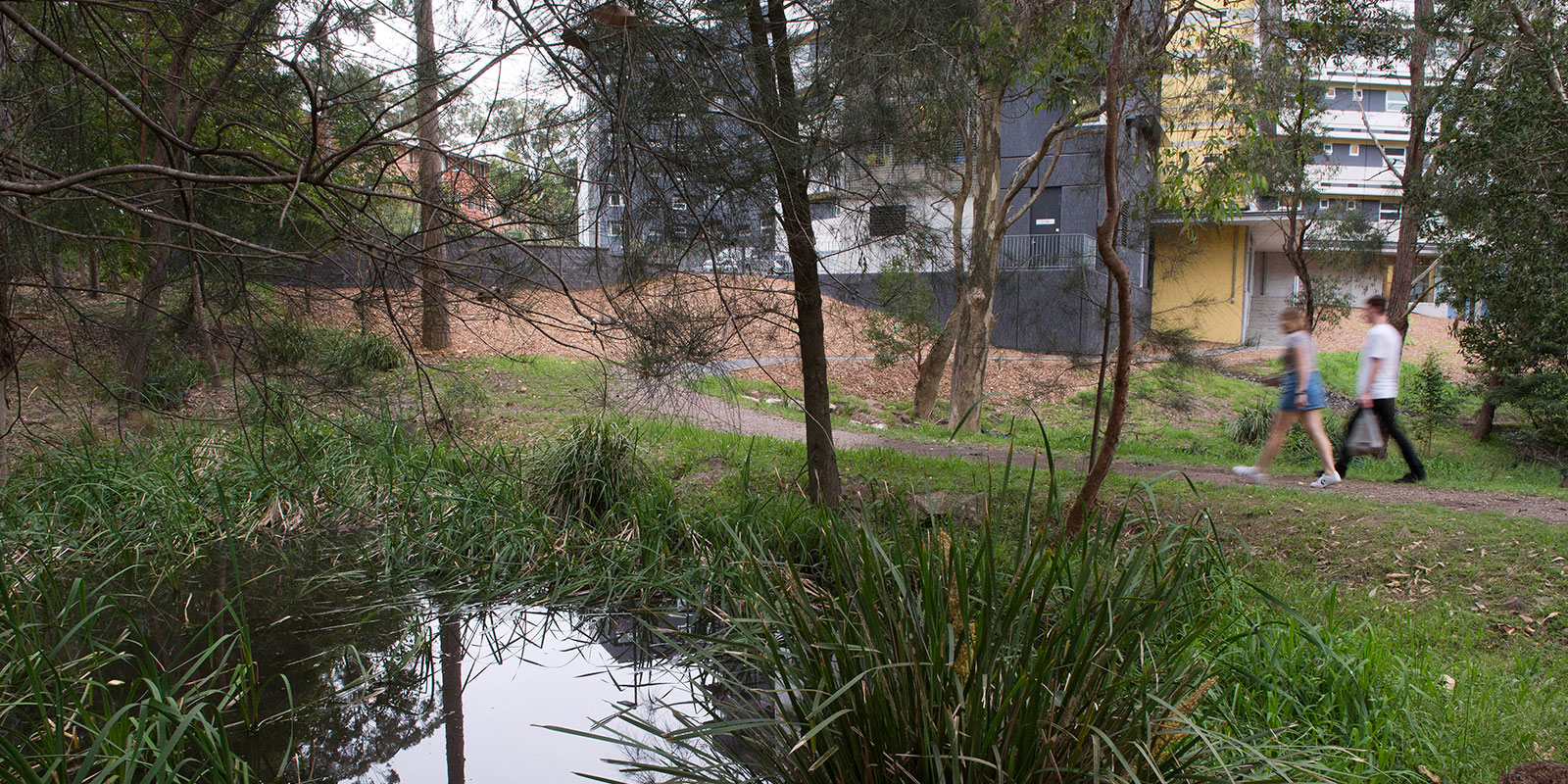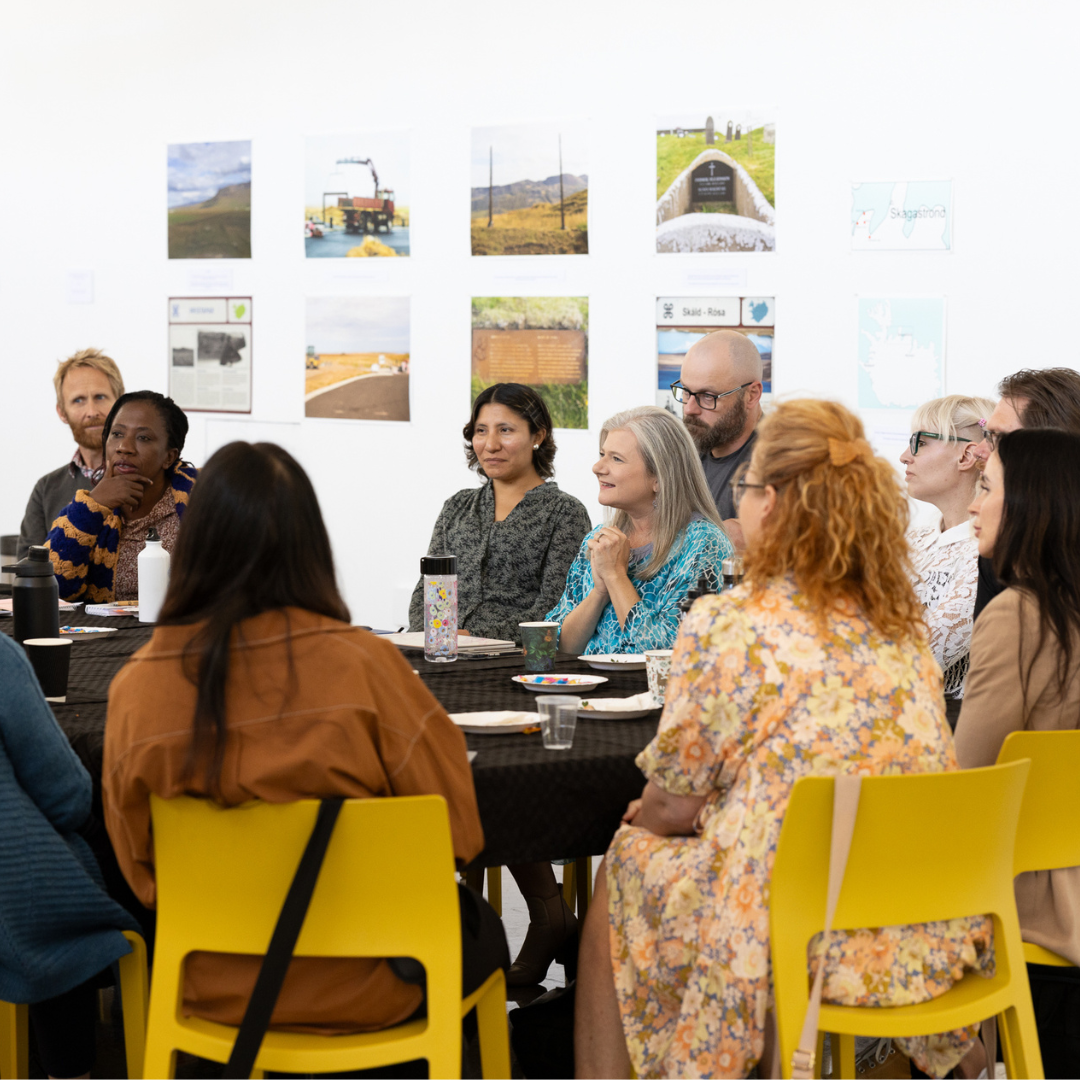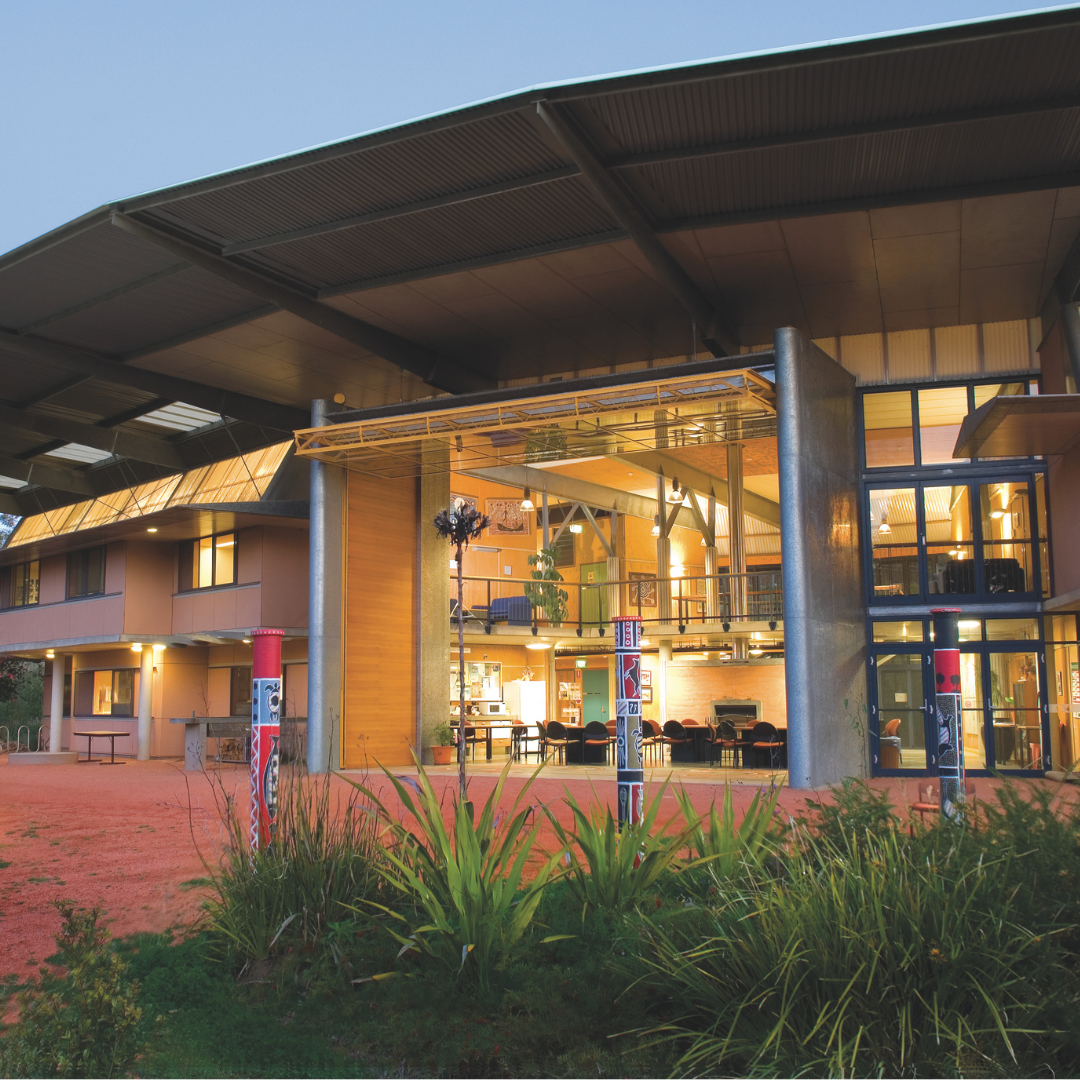

Goal 4:
Quality Education
Lifelong Learning Access Policy
The University of Newcastle has a formal policy that ensures access to its activities (including educational outreach) is open and equitable to all, regardless of ethnicity, religion, disability, immigration status, gender, or other identity categories. The relevant document is the Equity, Diversity and Inclusion (EDI) Policy. It was effective from the 10th of December 2024 and will be renewed the 10th of December 2027.
Here are the key features of that policy, especially as they relate to ensuring broad access and inclusion:
Key Provisions Supporting Universal Access
- Scope & Application
The EDI Policy applies across the entire University community — students, staff, volunteers, external placements, digital and physical settings, and in all University‑controlled entities.
This means any outreach activity organised under the University umbrella would fall under the policy’s protections and requirements.
- Definitions & Equity Cohorts
- “Diversity” and “inclusion” are explicitly defined to include a broad range of human differences: race, ethnicity, religion, gender, disability, neurodiversity, sexual orientation, political beliefs, etc.
- The policy identifies specific equity cohorts (Aboriginal and Torres Strait Islander peoples; people from culturally and linguistically diverse backgrounds; people living with disability; etc.) and requires tailored support and accommodations to ensure equitable access.
- Guiding Principles
The University commits to full and effective accessibility; valuing diversity; inclusion; equity of opportunity; and respecting human rights. Activities are expected to be designed (or adapted) so that everyone who wishes to participate has fair access.
- Student Support and Access
Under “Student Support and Access,” the policy mandates that “equitable opportunities and support [be provided] to all students, irrespective of their background or identity,” and that accommodations and resources are made available to those from equity cohorts.
- Inclusive Environment / Learning & Working Environment Culture
The policy requires that the University work to create environments — physical, digital, social — that are respectful, inclusive, that respond to diverse needs and ensure that incidents of discrimination or exclusion can be reported and addressed.
- Co-design, Monitoring and Accountability
- The policy emphasises co‑design: policy, programming and processes should involve voices from equity cohorts, ensuring that their perspectives help shape how access and inclusion are achieved.
- There are mechanisms for data collection, evaluation, feedback, monitoring of progress, so that principled commitments translate into practice.
Education is for all
We are proud to have a clear, institution‑wide policy that mandates all University‑sponsored or affiliated activities be accessible to all, without discrimination on grounds like ethnicity, religion, disability, immigration status, or gender.
Read our full policy to learn more about what the University is doing to prevent discrimination.
Anti-racism working party

The University of Newcastle’s Anti-Racism Working Group has drafted an Anti-Racism Policy. Extensive consultation with key stakeholders and the University community regarding this Policy will occur in the coming months. To support the Policy, the Anti-Racism Working Group is also developing a framework of activity to support the Policy. The Policy, and its associated work, will bolster institutional accountability and demonstrate our commitment to a diverse and inclusive university.
Support and reporting options
Staff and/or students who directly or indirectly experience or observe racism should seek immediate support.
For students:


Student counselling services
For staff:
Human Resource Services - Staff Care
EDI Unit
Notify senior officer
The Office of the Deputy Vice-Chancellor (Engagement and Equity)
The University of Newcastle acknowledges the traditional custodians of the lands within our footprint areas: Awabakal, Darkinjung, Biripai, Worimi, Wonnarua, and Eora Nations. We also pay respect to the wisdom of our Elders past and present.



